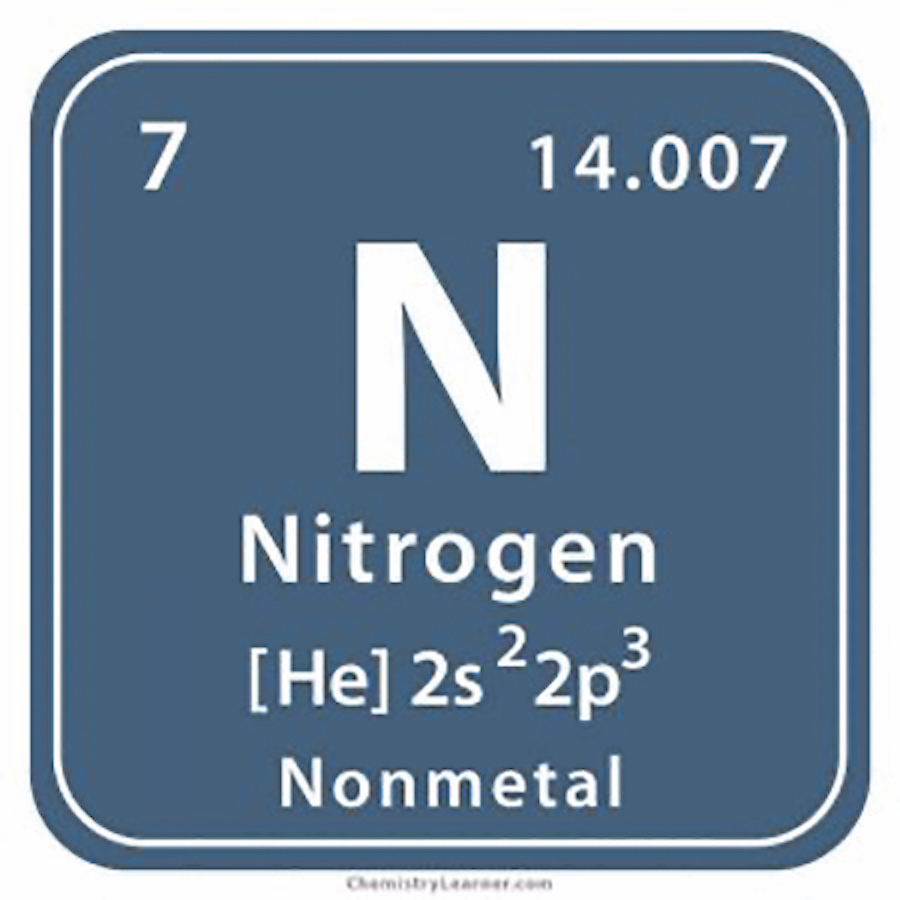TRURO — Some statements made at the Dec. 5 zoning board of appeals hearing related to groundwater nitrogen levels expected to be produced by the proposed “Cloverleaf” housing development did not pass a fact check conducted by the Independent this week.
The planning board’s Peter Herridge, an opponent of the plan to build 40 units of affordable housing on Highland Road in North Truro, failed to provide evidence on water standards and the risk of nitrate poisoning to back up his statements. And local officials refuted some of his claims about recent nitrogen measurements and potential future pollution.
Herridge told the Independent that he is part of a group that has created a “fact sheet” about the development and added that his group is prepared to sue the town to stop the Cloverleaf housing from being built.
That document, circulating in Truro on Tuesday, warns that, if the housing is built with the wastewater waiver the developer has requested, it will create conditions “lethal to newborns and infants” and will “almost certainly” increase rates of cancer, birth defects, and thyroid disease.
The U.S. standard for nitrate in drinking water limits it to 10 mg per liter. Herridge told the ZBA that the safety standard in Germany is 4.4 mg per liter. “By Germany’s standard, people in these hot spots in Pond Village are already drinking toxic water,” Herridge said.
Asked to provide supporting evidence, Herridge cited a 2018 article from the International Journal of Environmental Research and Public Health by Mary H. Ward et al. But that article states that the standard in Germany and throughout the European Union is actually slightly higher than in the U.S., 11.3 mg per liter.
Moreover, the Ward article casts doubt on Herridge’s predictions about the lethal consequences of nitrate in groundwater, concluding that “the number of well-designed studies of individual health outcomes is still too few to draw firm conclusions about risk from drinking water nitrate ingestion.”
In a Dec. 15 email, Herridge wrote, “I am a physician and a pharmaceutical patent attorney and I know my biochemistry and this is a serious threat to our water aquifer and the developer could easily properly treat his sewage on site or reduce the number of bedrooms to what the land can tolerate and that is all we want.”
The developer has proposed that, by including undevelopable National Seashore land surrounding the site in wastewater calculations, the project will meet the town’s standards. The ZBA has asked Malone to hire a consultant to study that possibility.
Herridge told the Independent that the Cloverleaf area has the worst nitrogen contamination in Truro. “In 2010, six percent of the homes had levels over 5 mg.,” he said. “The town did not check them more recently, but I have, and the levels are increasing. Some homes in Pond Village are over 10 mg and have gotten warning notices from the board of health.”
But Truro Health Agent Emily Beebe said, “I’m not aware of any tests over 10 mg in that neighborhood. There are some readings that are over 3, and a couple over 5. The average in Pond Village of all the samples we could find is less than 2.”
Tracey Rose, chair of the Truro Board of Health, said, “To the best of my knowledge, no letters have gone to Pond Village residents nor has anyone’s well tested at that high level.”
In an interview, Herridge also had harsh words for Ted Malone, the Cloverleaf developer.
“The developer is making money off poor people,” Herridge said. “The reason he didn’t want to treat his sewage is that it costs too much. He’s trying to con the town into giving him the most lucrative deal they can.”
Herridge’s flyer states that “the developers are refusing to install and operate” an advanced nitrate-reducing septic system.
Jay Coburn of the Community Development Partnership disputed this, saying that town officials were still weighing whether an advanced system should be required, and that Malone was exploring the cost of putting in a small wastewater treatment plant at Cloverleaf, should one be needed.
Coburn defended Malone’s track record as a developer. Malone, he said, “is one of the most highly respected small-scale developers in Massachusetts.” Coburn also noted that the state caps the profit margin of affordable housing developers at 12 percent.
Kathleen Henry, president of the board of Highland Affordable Housing, also defended Malone.
“There’s no question, Ted Malone is in business,” Henry said. “He’s not running a charity. But he is a person of the highest ideals, with a deep commitment to affordable housing and to giving people not just the basics but housing that’s beautiful as well as efficient and clean and safe.”
Referring to Malone’s development near the Truro Library, Henry said, “You only have to visit Sally’s Way to see the kind of work that he does.”




